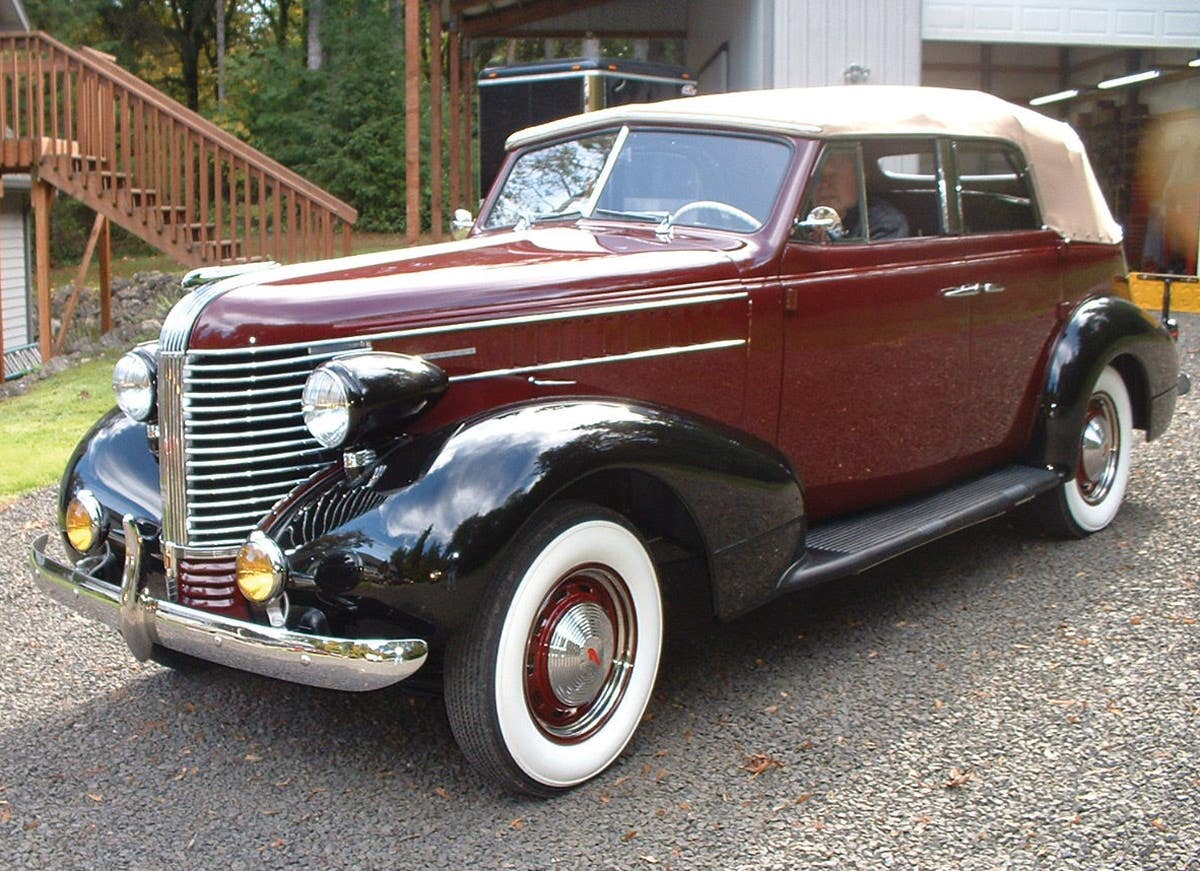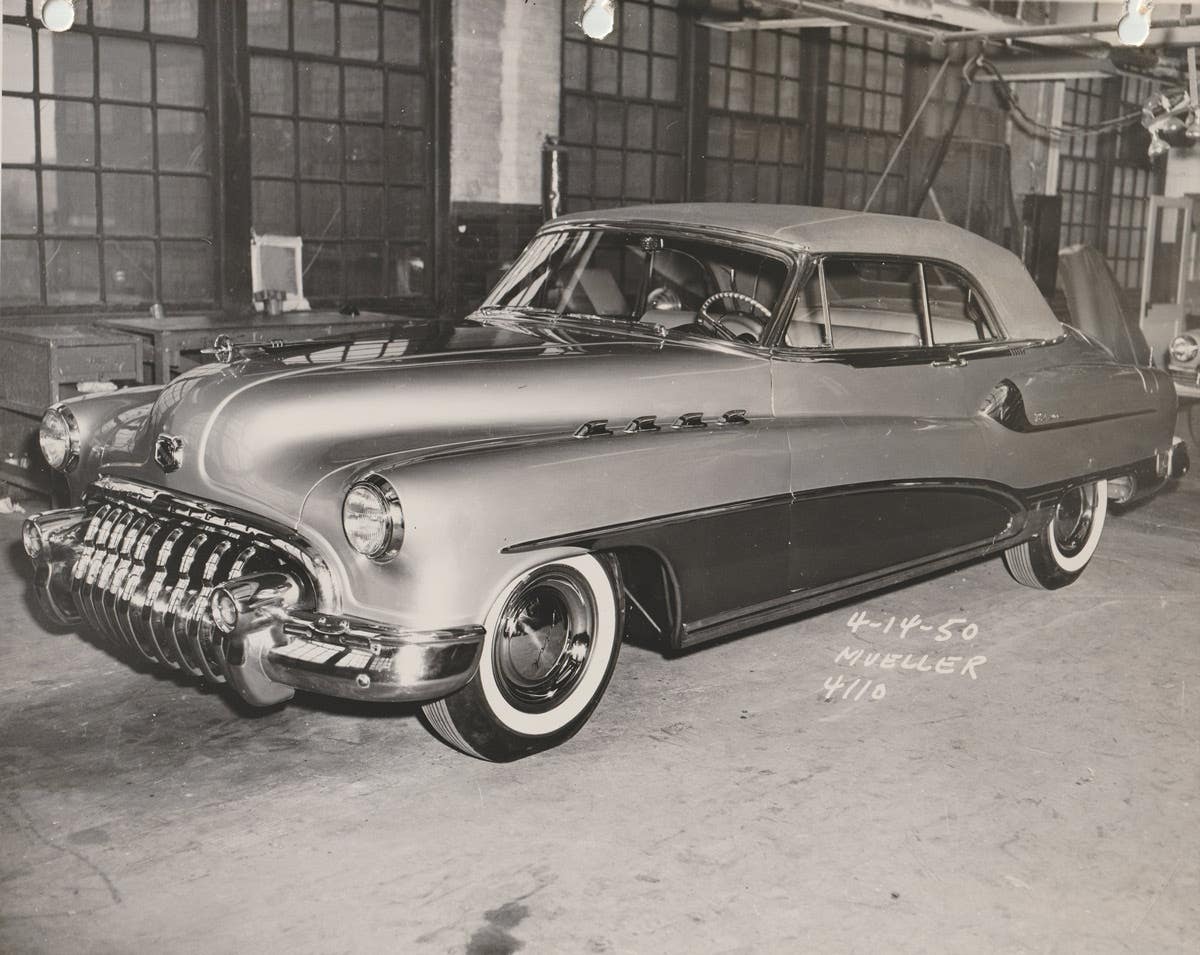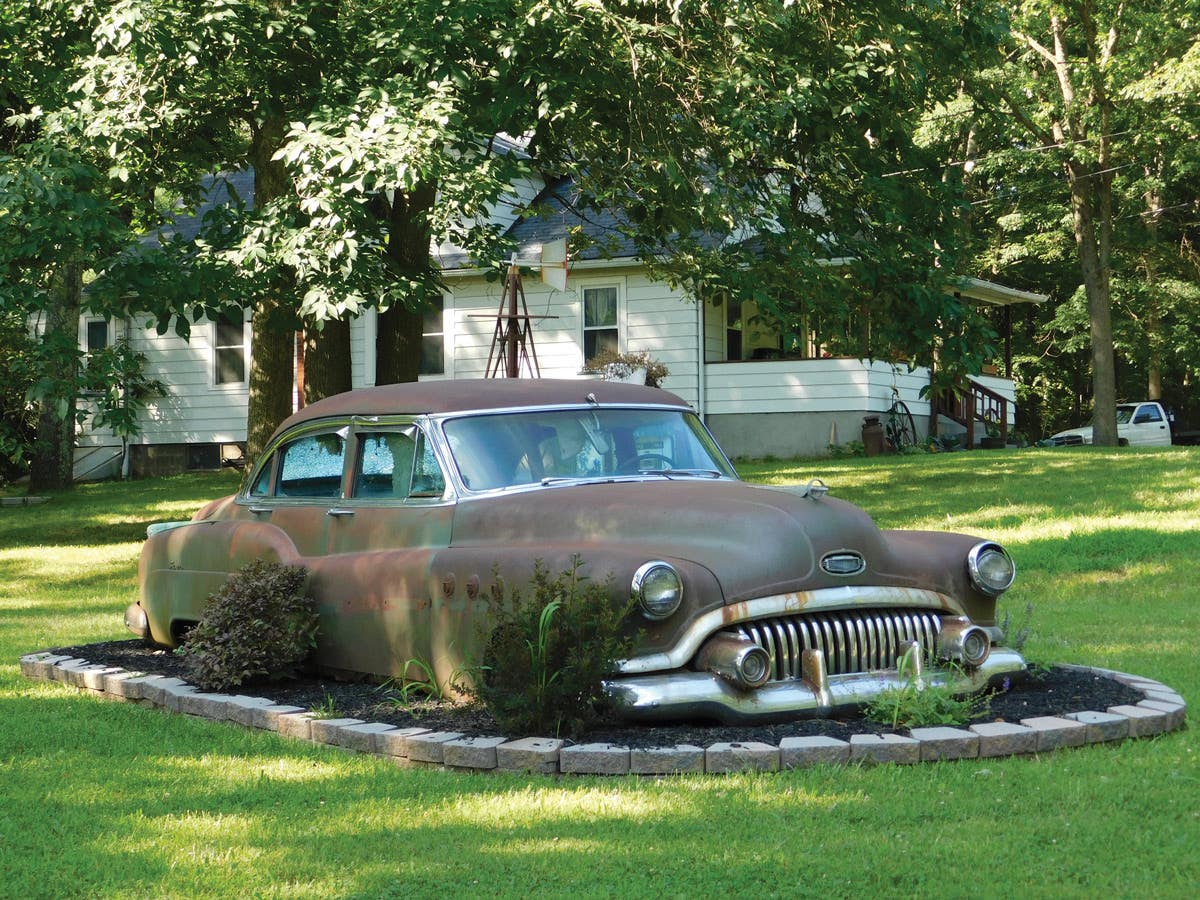Q&A with Kit Foster: September 27, 2012
Q. I have been following the recent spate of fuel-related issues that the Q&A column has been responding to. There’s been a lot of good information given to your readers…
Q. I have been following the recent spate of fuel-related issues that the Q&A column has been responding to. There’s been a lot of good information given to your readers and I would like to suggest a couple more sources that might interest them:
- “When Good Hoses Go Bad”: Marlin Davis (Hot Rod Magazine) has put together a very good, in-depth article on the effects of ethanol on old fashion rubber hoses vs. the new PTFE style used by OEMs today: http://www.hotrod.com/techarticles/engine/hrdp_1101_performance_fuel_hoses/viewall.html
- “Kernal Knowledge”: The Historic Vehicle Association posted an article on the effects of ethanol on various components in the fuel system of vintage vehicles: http://www.historicvehicle.org/Latest-News/News-archive/August-2011/2011/08/24/Kernel-Knowledge-One-man-on-a-mission
Our company, TechAFX Inc, has been working for the last couple of years to make our consumers aware of the ethanol issue. In conjunction with major suppliers to the original equipment manufacturers, we have done a lot of testing on “old school” rubber hoses & the new PTFE (Teflon) designs. This testing has driven many new products that TechAFX now offers in the automotive aftermarket.
For example, we have found that the first symptom of rubber hose degradation is when the car and/or garage begins to smell like raw gasoline. The SAE “1000 Hour Soak Test” proves that five to eight percent of today’s new fuels will percolate right through the carcass of a new rubber hose, even if it is rated for “Fuel Injection.” That evaporation rate jumps to 15 percent after about a month of summertime’s higher temperatures.
We feel that our testing has given us a keen understanding of the problems that face owners of old cars and the potential dangers of today’s new fuels. http://www.youtube.com/watch?v=QkuopDCny4s&feature=player_embedded
We would like to offer OCW help in answering questions that the editorial staff or your readers might have on this topic. We can also offer test results, photos, and product samples to better help your readers understand this issue.
— Larry Filipczak, TechAFX, Inc., West Bloomfield, Mich.
A. TechAFX, Inc., describes itself as “a full scale provider of engineered solutions for your vehicle’s high performance needs.” Their products include air-feed kits for performance engines and, particularly pertinent to this topic, fuel supply hoses.
-------------------------------------------------------------
Q. I received a 1947 Packard from my father that he was going to restore, but never did. It sat around for many years before I got it. I took the gas tank off and the sender came right out with no problems and checked good. The tank was all gunked up. I had it cleaned out and the inside coated. All was well until my local COSTCO station switched to 10 percent ethanol. I didn’t think anything at the time. And I would go out and start the engine once a week and let it idle until it warmed up.
Then one day as I was walking out of the garage I thought I could smell old paint. I looked under the Packard and found gas dripping from the gas tank. When I removed the gas tank I had to use vise grips to remove the screws from the sender and two of them broke off. I was shocked to see the bottom half of the sender was eaten away. I haven’t started the engine since then, and now I am having to tear the engine down. I’ve already found two stuck valves. You can add this and the pictures to the affects of ethanol, and I won’t get into how it’s ruined my small engines.
— Wes Boyer, Cordova, Tenn.
A. In last week’s Q&A, Matthew Banach called ethanol-blend gasoline “corrosive.” Mr. Boyer’s before and after photos certainly seem to bear that out.
To submit questions to this column: E-mail angelo.vanbogart@fwmedia.com or mail to: Q&A, c/o Angelo Van Bogart, 700 E. State St., Iola, WI 54990-0001.
Got Old Cars?
If you don't subscribe to Old Cars Weekly magazine, you're missing out on the only weekly magazine in the car hobby. And we'll deliver 54 issues a year right to your mailbox every week for less than the price of a oil change! Click here to see what you're missing with Old Cars Weekly!
More Resources for Car Collectors:
- Classic car price guides, research, books, back issues of Old Cars Weekly & more
- Get expert restoration advice for your classic car
- Get car pricing, data and history all in one place
- Sign up for Old Cars Weekly's FREE email newsletter
- Need to buy or sell your classic car? Looking for parts or memorabilia? Search our huge online classified marketplace







